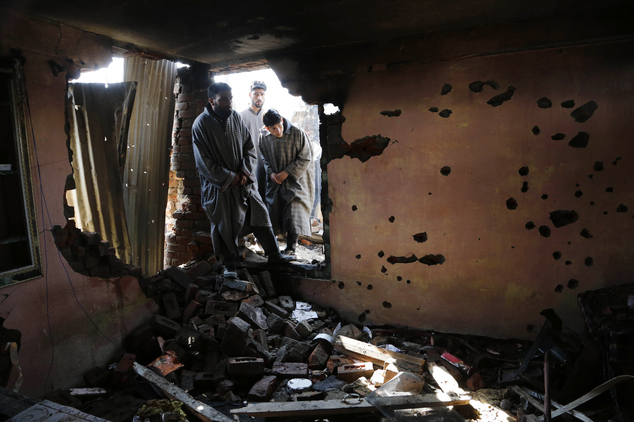India rejected United Nations Human Rights Council’s demand to visit the troubled valley of Kashmir on Wednesday. This move comes as a blow to India’s diplomatic counter-maneuvering, and marks a success for Pakistan’s efforts to “internationalising” the Kashmir conflict.
The UN High Commissioner for Human Rights said he was awaiting from India a reply to his request seeking access to both sides of the LoC and the ministry for external affairs rejecting the demand said that, “It was unanimously felt that the Indian democracy has all that is required to address legitimate grievances in the all-party meeting on August 12.”
The official statement released said that there can’t be any comparison between Jammu & Kashmir and Pakistan-occupied Kashmir, as “the former has a democratically elected government while the latter has seen a Pakistani diplomat arbitrarily appointed as its head”.
“The Indian state of Jammu and Kashmir is part of a pluralistic and secular democracy, where freedoms are guaranteed by an independent judiciary, an active media and a vibrant civil society. In contrast, PoK is administered by a ‘deep state’ and has become a hub for the global export of terror,” the statement also said that the UNHRC chief had “conflicting narratives” on the confrontation.
Asserting that terrorism supported by Pakistan was the biggest threat faced by India, the statement explicitly mentioned that “The present situation arose from the death of a self-acknowledged commander of Hizb-ul-Mujahideen who was wanted for several terrorist acts. It was further aggravated by sustained cross-border terrorism emanating from Pakistan. Terrorism is the grossest violation of human rights and should be so acknowledged by any impartial and objective observer,” the statement said. India also underlined the “high number” of casualties sustained by security forces as a reflection of “the tremendous restraint they have displayed”.

















